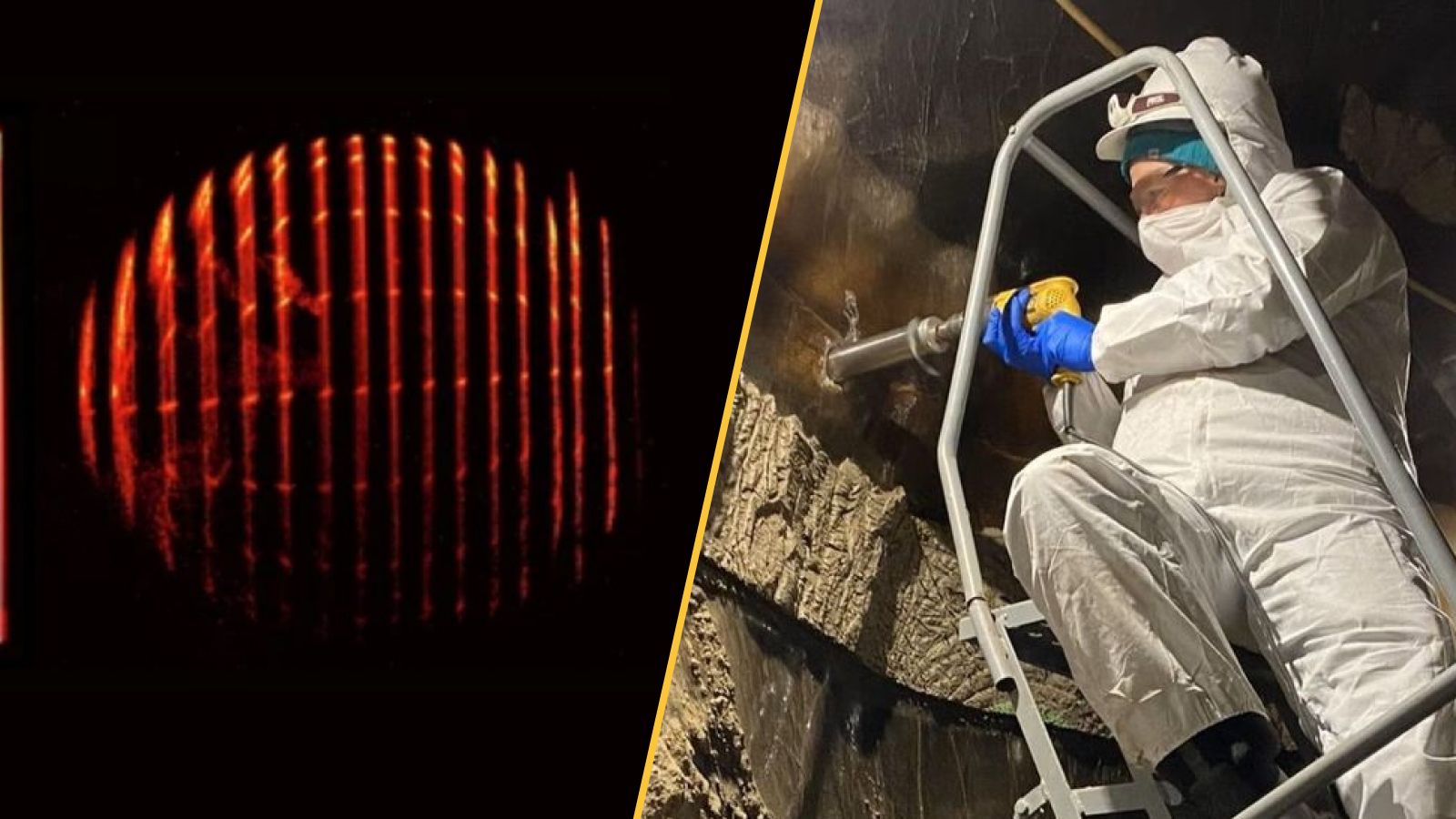The United States has picked 11 advanced reactor projects to begin President Trump’s Nuclear Reactor Pilot Program.
The US Department of Energy (DOE) announced on Tuesday that it will work, alongside the industry, with these 11 projects to construct, operate, and achieve criticality of at least three test reactors using the DOE authorization process by July 4, 2026.
The selection is a major step towards streamlining nuclear reactor testing and opening a new pathway toward fast-tracking commercial licensing activities.
“President Trump’s Reactor Pilot Program is a call to action,” said Deputy Secretary of Energy James P. Danly. “These companies aim to all safely achieve criticality by Independence Day, and DOE will do everything we can to support their efforts.”
11 projects selected by the US DOE
The move is aimed at realizing President Trump’s dream of making the US a world leader in nuclear energy. It will also help provide a continuous energy supply to American homes and businesses.
The US DOE had announced the Reactor Pilot Program in June 2025. Its goal is to expedite the testing of advanced reactor designs that the Department will authorize at sites that are located outside of the national laboratories. The request for applications had been issued on June 18, and the initial applications closed on July 21.
According to the press release by the DOE, the 11 projects selected by it include – Aalo Atomics Inc., Antares Nuclear Inc., Atomic Alchemy Inc., Deep Fission Inc., Last Energy Inc., Oklo Inc., Natura Resources LLC, Radiant Industries Inc., Terrestrial Energy Inc., and Valar Atomics Inc.
With this, the selected companies will find it easier to unlock private funding and provide a fast-tracked approach to future commercial licensing activities.
DOE says that each company will be responsible for all costs associated with designing, manufacturing, constructing, operating, and decommissioning its test reactors under the program.
The advanced nuclear projects – an overview
The advanced nuclear reactor projects picked by the DOE include Terrestrial Energy’s TETRA proposal. The TETRA project proposes a proprietary Integral Molten Salt Reactor (IMSR) technology.
The molten salt reactor technology promises 822 MWth/ 390 MWe output, which can ensure thermal energy supply for high-efficiency steam turbine operation and low-cost electricity.
Oklo, the OpenAI founder Sam Altman-backed nuclear energy firm, is working on its first commercial Aurora nuclear power plant in Idaho.
Oklo’s Aurora will be able to produce up to 75 megawatt (electric) power, alongside usable heat. The company is working with the Idaho National Laboratory (INL) to take the waste fuel from Experimental Breeder Reactor-II (EBR-II) and use it for the first Aurora Powerhouse.
Similarly, Aalo Atomics had unveiled a fully modular reactor designed to meet the power demands of data centers earlier this year. Dubbed the Aalo Pod, the company says that the prototype belongs to the category of XMR, or an extra modular reactor with extra flexibility and modularity.
The Aalo Pod is a 50MWe extra modular reactor, the modularity of the design allows easy scaling from 100s of MW to 1,000s of MW as the demand for energy grows.
Source link

